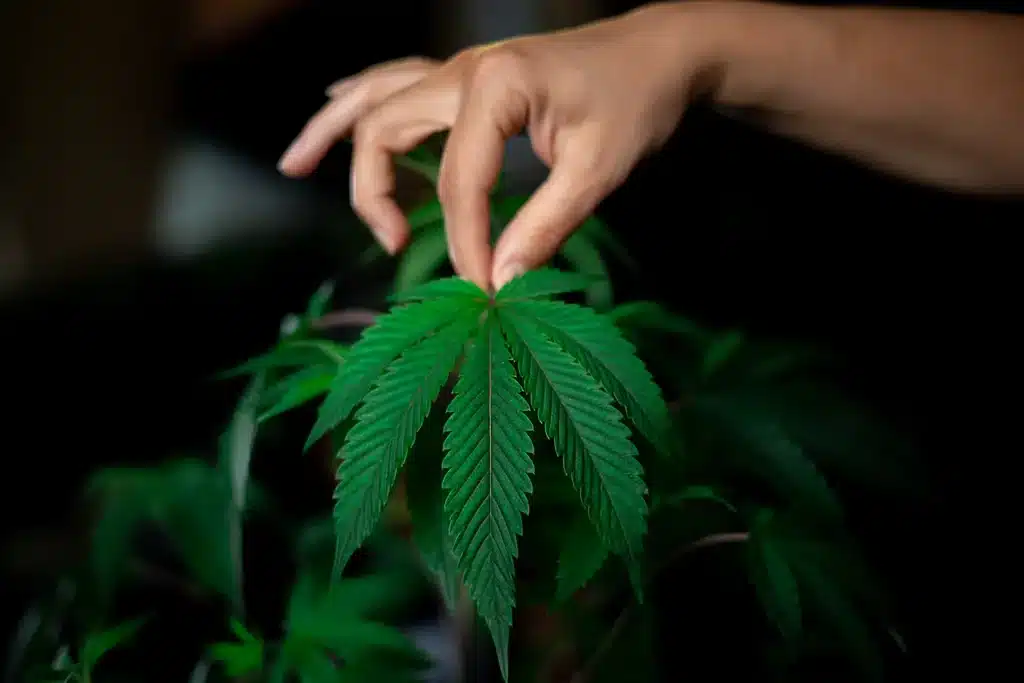DEA says THC-O is not Hemp & declares it illegal
- March 6, 2023
On February 13th, 2023, The United States Drug Enforcement Administration (DEA) officially declared that any synthetic cannabinoids, including THC acetate ester or commonly known as ‘THC-O’, are prohibited under federal law since they do not naturally occur in hemp plants.
The Agriculture Improvement Act of 2018, or the 2018 Farm Bill as it is more commonly known, rules nationwide agricultural and food policy. One critical provision that was included in this legislation was the permission for industrial hemp to be legally produced – cannabis plants with a THC concentration lower than 0.3%. That legislation legalized hemp farming on a nationwide scale, which in turn caused an abundance of products containing intoxicating cannabinoids from hemp to be available. Unlike delta-8 THC and delta-9 THC, both naturally found in the hemp plant, there is no presence of THC acetate or better known as THC-O. The Farm Bill differentiated “Hemp” from marijuana by explicitly defining it and exempting it from the Controlled Substances Act’s Schedule I substance category, which identifies substances with a high potential for abuse and lack of accepted safety as medical treatments in the United States. Despite this exemption, marijuana still remains classified under this group.

Importance of Hemp Research
Despite its versatility, hemp has been overlooked in the past. Research into industrial hemp and its many benefits must continue as a way to harness this neglected resource. Hemp’s biochemical components could provide an abundance of opportunities – from creating essential oils and biofuel to being used in textiles, paper, and construction materials. Investing in research is an efficient way to expand our understanding of the potential uses of this plant, as each new discovery might lead to further applications for hemp-based products. This renewable source can create new jobs, reduce pollution and support sustainable farming practices that foster healthy soils. It is obvious why developing industrial hemp promises great returns; therefore, research into the many possibilities is key for non-profits, investors and entrepreneurs alike.
Hemp merchants and processors must guarantee their business is in accordance with all state and federal regulations to protect against any potential legal ramifications for having, distributing or selling THC-O. To ensure your company complies with the law, it would be best to consult a knowledgeable lawyer if you have doubts regarding how to comply with applicable laws and maintain optimal practices.
At Global Legal Law Firm, our lawyers are familiar with the rapidly changing nature of electronic payments processing processors, and the ever changing regulations involved, with decades of expertise in ISOs, commercial collections, credit card brands, and other forms of electronic payment processing litigation. Let us guide you through this new and volatile environment, rather than attempting to navigate it on your own.
Recommended Posts
-

How to Maintain Fintech Compliance
The fintech industry is highly regulated [generally at the state level,...
Read More -

What Is a Business Divorce?
Like any other relationship, business partnerships can also come to an...
Read More -

Suing for Breach of Contract: What You Need to Know Before Filing a Lawsuit
Business dealings rely on contracts. When one party doesn’t fulfill their...
Read More